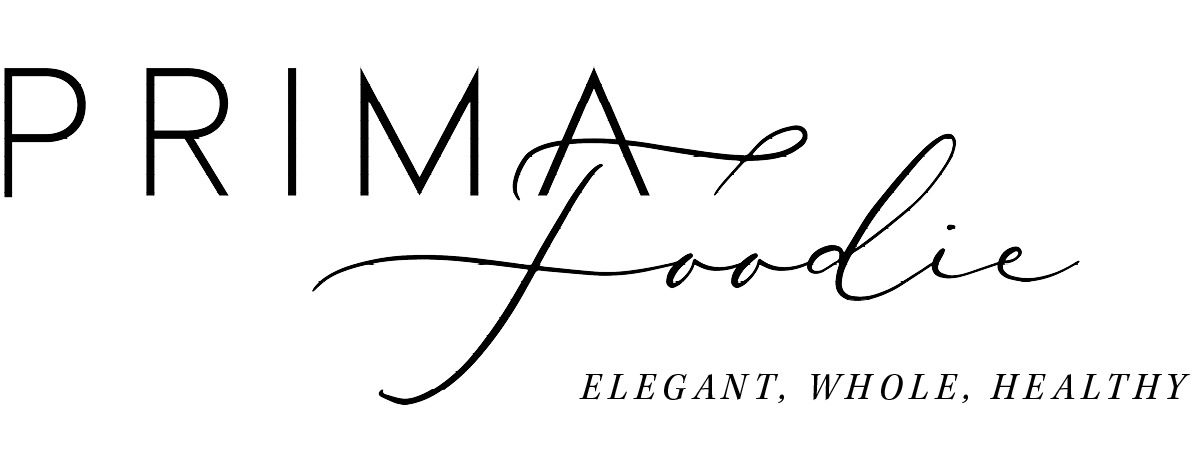Edible or Harmful? Here’s the Latest on Harmful Chemicals to Watch Out For and How to Eat Healthier
Over the past several months, two pieces of news have underscored just how shockingly unregulated our food system is: microplastics found in our food and a toxic pesticide present in human urine. Below is the deeper scoop, the potential health dangers of each, and how to keep yourself safe.
Microplastics
Earlier this year, researchers at the University of Toronto and Ocean Conservancy announced that they found microplastic particles in nearly 90 percent of food samples they tested. The researchers, who published their findings in the journal Environmental Pollution, drew samples from 16 types of edible protein, including chicken, tofu, fish, plant-based meat alternatives, and beef. This news has stirred major concern and adds to the unnerving fact that there are microplastics in animal digestive systems, "This is a startling reminder of just how prolific plastic pollution has become—humans live on land, and yet seafood samples are just as likely to be contaminated with plastics as are terrestrial derived proteins," said Dr. Britta Baechler, Associate Director of Plastics Science at Ocean Conservancy and a co-author of the study. "And there's no escaping them no matter what you eat, it seems. The plastic pollution crisis is impacting all of us, and we need to take action to address its many forms."
What to Do:
We see how jarring this news is, but we do believe there is hope. We can escape microplastics by avoiding processed and ultra-processed meats, including alternative meat burgers, chicken nuggets, and frozen meat products. Aim to only consume organic, grass-fed, humanely raised meats and organic, sustainably caught seafood.
Chlormequat
In a new EWG peer-reviewed study, researchers found chlormequat in the urine of 80 percent of the tested people. Furthermore, the EWG found it in Cheerios, granola, and other processed grain products. This is horrifying.
So what is chlormequat? It's a good question because this substance shouldn't be part of our daily conversation. Chlormequat is a widely used pesticide. Registered as a plant growth regulator, the FDA deems it a "tool to help increase crop yield" for its ability to control the size of plants by blocking natural growth stimulants. This, in turn, makes it easier for farmers to harvest certain crops, mainly monocrops like wheat, barley, and oats. But if this pesticide can block plants' growth, just think about what it can do to us. Researchers have found chlormequat to potentially harm the reproductive system, reduce fertility, and disrupt embryonic growth.
What to Do:
Chlormequat is popping up in our snacks, breads, and kids' cereals. This is yet another reason to avoid processed grain products from mass-produced food chains. The chances of chlormequat having a presence in these products (which also contain loads of sugar and other additives) are high. Buy grain products from small farmers who are transparent and clearly state they use organic, sustainable methods to grow and cultivate their crops.
The bottom line is we can never—ever!—assume that the FDA has our backs and the food that lands on market shelves is good for us. We must vet our foods, continue to educate ourselves, and support the farmers and cultivators who produce clean foods.
This discernment is necessary if you cook your food at home, order take-out, or eat at a restaurant. (The US Census Bureau has reported a consistent increase in Americans spending money on take-out and dining out over the last several years.) The same scrutiny must happen for our children’s food at school. Ask questions about the sourcing.
By taking these actions, we set new standards for what's safe and honor our collective health.
